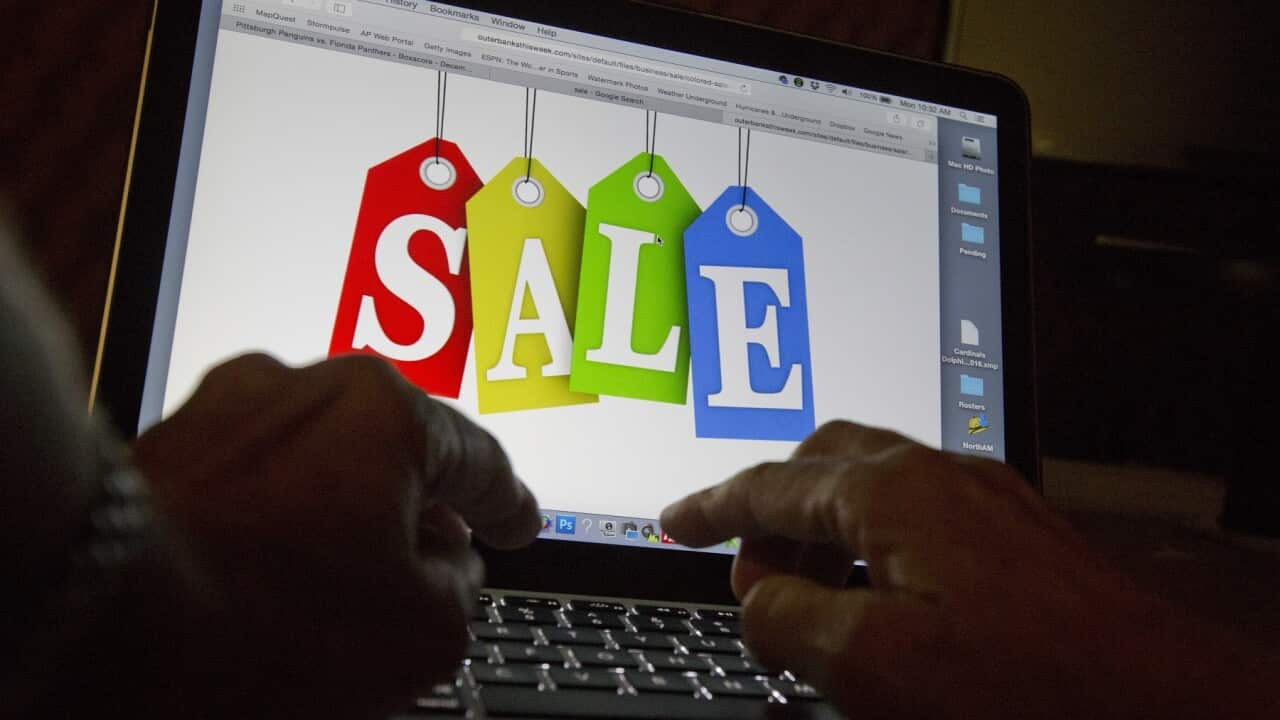TRANSCRIPT:
The festive time of the year has made its way back around once again.
But while Australians have their hands full with Christmas shopping, scammers are taking advantage of the silly season.
Telstra says it's seen a 66 per cent increase in SMS scams compared to the year before.
Darren Pauli, a cyber security expert for Telstra, says scammers will try anything to get your money, from dodgy QR codes and impersonating reputable companies to requesting payment via direct deposits.
"Something arrived in someone's post, by registered post, in the mailbox. That was a letter and it had a number to call and a URL on there. So it was sort of mixed domains there. You've got post, phone number - and it was a scam!"
Darren Pauli says fake emails and texts are getting more sophisticated too as hackers now use artificial intelligence [[AI]] to correct typos and reel in more victims.
"These are sort of the types of scams you would see in your inbox or SMS, targeting big brands like Telstra, AusPost, the toll roads. They're always top of the pops."
At the launch of an anti-scam centre in Canberra in 2023, The Australian Consumer and Competition Commission [[ACCC]] deputy Catriona Lowe said shopping scams were a lucrative business.
"Australians are losing billions of dollars every year to scams, and this figure continues to increase. As scammers become increasingly sophisticated in their tactics, it’s clear that a coordinated response is required across government, across regulators, law enforcement and the private sector is essential to combat scams effectively."
The Australian government has been doing its best.
Earlier this year, Communications Minister Michelle Rowland told Seven News the government was looking to block scammers at the source.
"We've also had in the Budget $10 million set aside to establish an SMS ID registry. And this will enable us to block those criminals who are spoofing legitimate SMS trains that people already have. So for example, trusted brands like Australia Post or your bank. And to ensure that they are blocked before they reach the consumer."
The ACCC says there's no easy way to combat scams, but buyers can take steps to protect their hard-earned money.
Experts recommend online users change passwords regularly and turn on multi-factor authentication.
Acting Detective Superintendent Jason Smith has also urged consumers to be wary of SMS phishing scams in the lead up to Christmas.
Darren Pauli says he agrees with that advice, arguing that online shoppers should be wary of things that don't look right.
"Discounts on luxury goods, pretty big red flag there. Be extra safe when you're looking for that kind of stuff. If you're looking to grab a bargain on a second-hand marketplace like I love to do, make sure you are very mindful if you're ever asked to - or thinking about - paying direct debit."
He says people should stick to using one account for all their payments.
"Shop online with your credit card, check your terms and conditions with your financial provider, but generally you will get a level of forward protection with that - within a 30, 60 day period, whatever. It's definitely the way to go. So shop online with your credit card or a service like PayPal or something like that and then ratch up your account defences."













